

A Modern Leader Shaping Future Leaders
Partner
Preiskel Co.
Leadership today is being redefined by vision, resilience under pressure, and the ability to build with empathy. In boardrooms once shaped by convention, women are now driving transformation across industries by evolving leadership models. Corporate law, especially the high-stakes world of venture capital and cross-border M&A, still bears the hallmarks of being heavily male-dominated. Breaking that mold with quiet confidence and sharp expertise is Karthyaeni Vittala, an English Solicitor, Indian Advocate, and Partner at Preiskel & Co. With a dual qualification in Indian and UK law, and over a decade of experience in international M&A and venture capital within the fast-evolving TMT sector, she brings clarity to complexity and structure to innovation. As the firm’s youngest and first female partner, she’s also reshaping how inclusion and ambition can co-exist at the highest levels. In an exclusive conversation with CEO Outlook Global, Karthyaeni reflects on her journey, the hurdles she’s faced, and her role in inspiring the future of corporate leadership.
The journey has been both challenging and deeply fulfilling. What began as a curiosity for corporate transactional work turned into a focused passion, shaped by experience and resilience. I moved to London from India as a fresh graduate with no contacts or family support. It was daunting. I still have the notebook where I tracked every job application—Preiskel & Co was number 200. I suppose when there’s no Plan B, you find a way. One interviewer even told me I was wasting my time and should return to India. That memory still stays with me, but so does the strength it revealed. As I grew in the firm, I specialised in M&A work in the technology, media, and telecom sectors. Becoming a Senior Associate was a turning point—leading teams, mentoring juniors, and earning recognition in Chambers and Partners. Today, as the firm’s first female partner, I’m committed to making space for women, especially those silently navigating health struggles like I did.
India’s TMT deals are fast-paced, high-value, and often driven by the growth of startups and evolving regulations. The UK market is more stable, shaped by macroeconomic shifts and focused on digital transformation. Bridging both requires more than legal expertise. It’s about aligning deal culture, timing, and commercial expectations, especially when advising across multiple jurisdictions.
There was never a Plan B for me, which kept me focused, but that kind of pressure takes a toll. I’ve learned that being kind to yourself is just as important as being driven. Like many women, I’ve struggled with impostor syndrome. You start to question whether you belong, even when you’ve earned it. What helped was building support systems, tracking progress, and celebrating small wins.
Having faced stress-related health challenges myself, I want to utilise my role in management to foster a more empathetic workplace—one where vulnerability is normalised and emotional intelligence is valued. As the firm’s only female partner, I’m especially focused on creating space for women to speak openly about health issues that are often overlooked yet deeply impact performance and morale. Quotes like “You are not Ovary-acting” and “Optimising Hormones for High Performance” may sound light, but they reflect a larger shift. Awareness is growing, and it’s time workplaces evolve meaningfully to support that change.
As Partner at Preiskel & Co, I oversee cross-border M&A, venture capital, and restructuring deals, while mentoring our corporate team and contributing to the firm’s strategy. Much of my work involves navigating complex, multijurisdictional matters in the tech and telecom sectors. A major focus today is balancing high-quality legal support with accessibility, especially for early-stage startups. We’re also adapting to growing regulatory scrutiny and the rapid pace of AI-driven change. Staying commercially relevant and legally agile is essential, not just for clients, but also in how we lead and build resilient teams internally.
TMT is in a phase of accelerated convergence and disruption. AI, 5G, and cloud aren’t just trends— they’re becoming infrastructure. The sky is no longer the limit, especially with advances like WiFi 7, direct-to-cell connectivity, and early 6G exploration. M&A is now driven by software and AI transformation, not just scale. At the same time, regulatory frameworks are struggling to keep pace. There’s huge pressure on legal heads to move faster, especially as public agencies refine AI and data rules. Those who modernise early, build smart alliances, and stay legally agile will lead this next chapter of digital evolution.
Women often bring a relational lens to negotiation—one grounded in empathy, active listening, and reading between the lines. It’s not about being less assertive, it’s about being strategically collaborative. This approach often prevents deadlocks, especially when both sides have limited alternatives. Personally, I prioritise understanding the other party’s goals, asking openended questions, and framing proposals around mutual benefit. Trust-building is crucial, especially in deals where longterm cooperation is essential. When needed, I’m assertive— particularly when standing up for others or for values I believe in—but always with a tone that invites dialogue rather than resistance.
Never miss any important news. Subscribe to our newsletter.
Copyright 2025 CEO Outlook Global. All rights reserved.